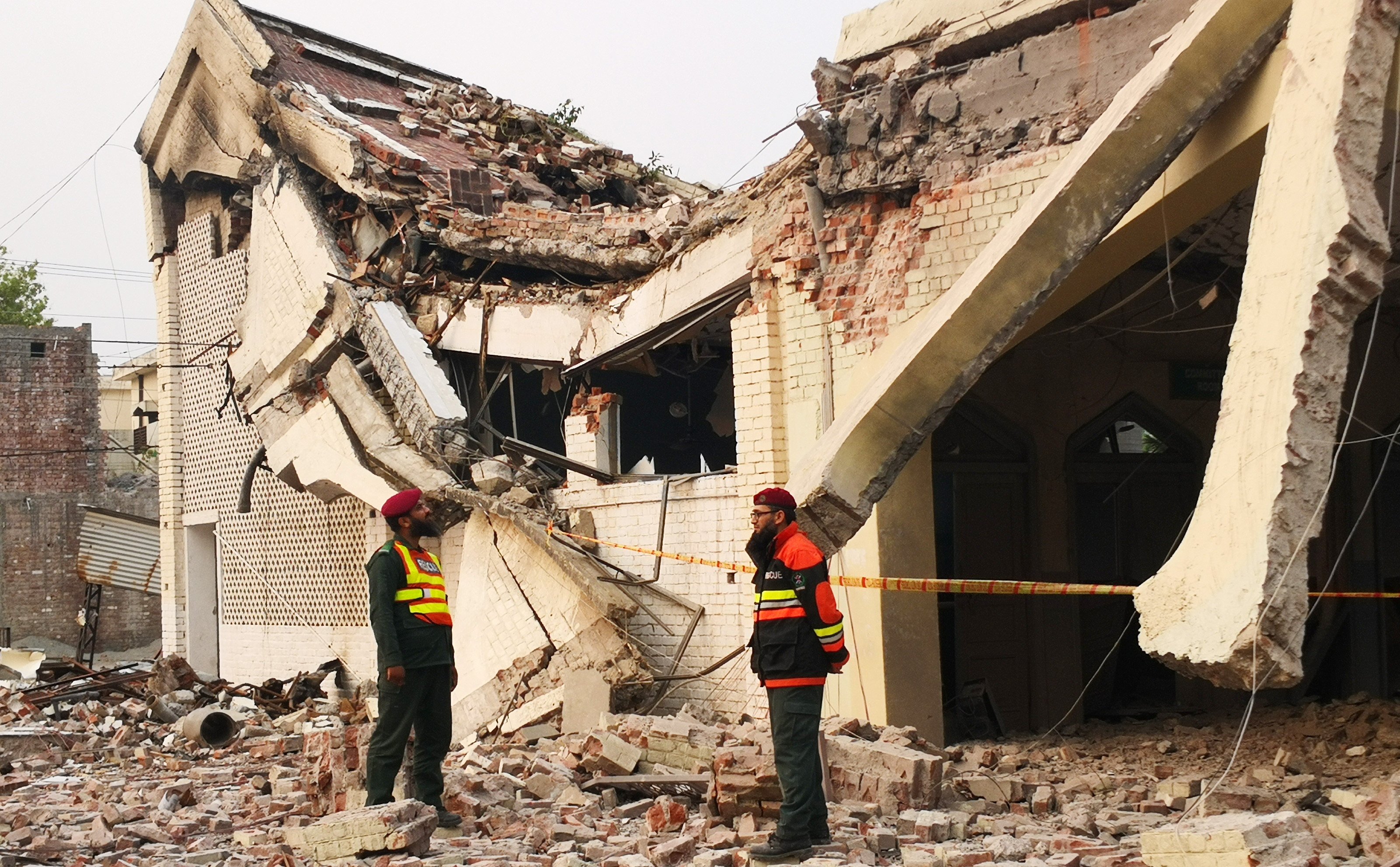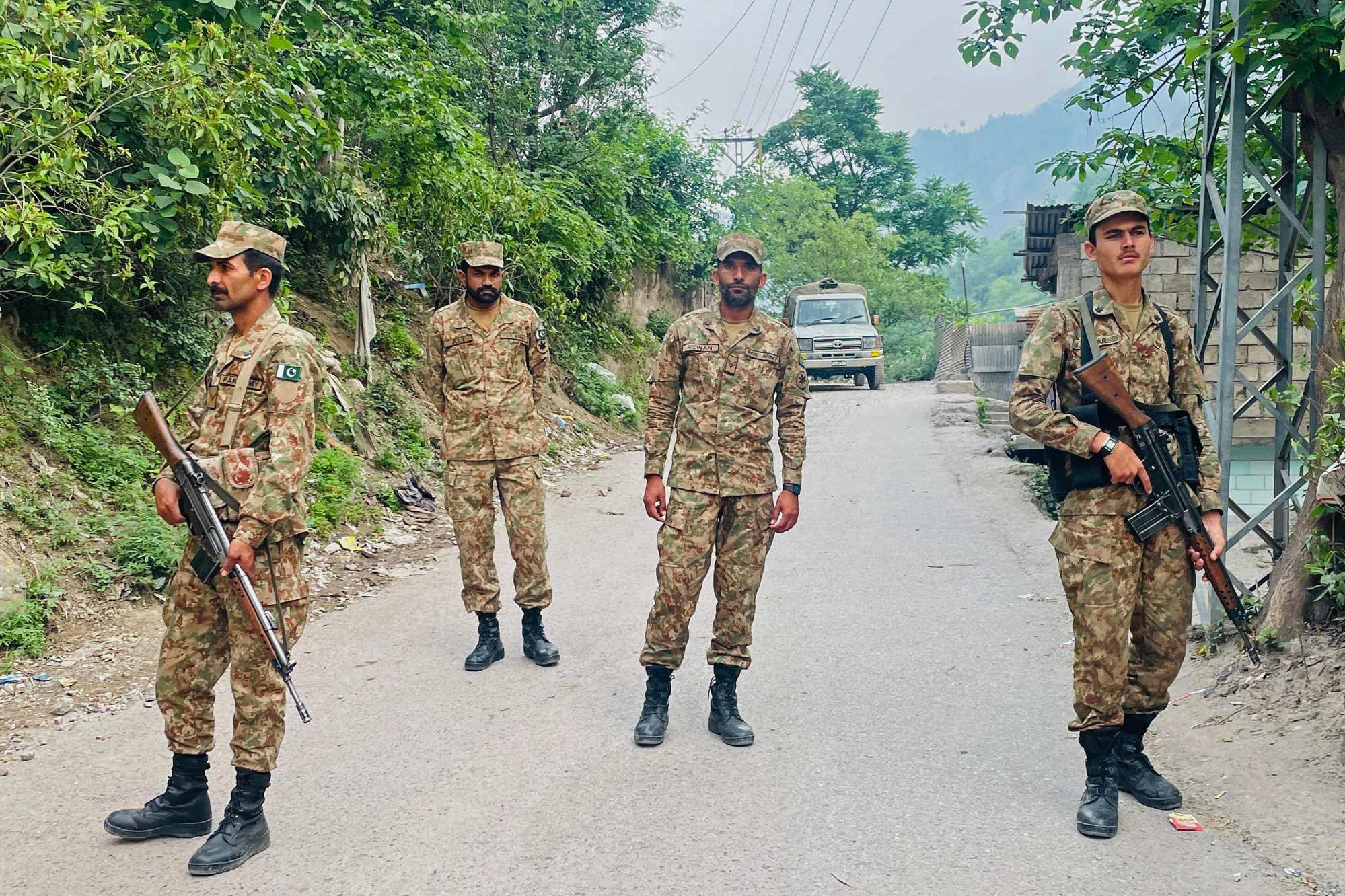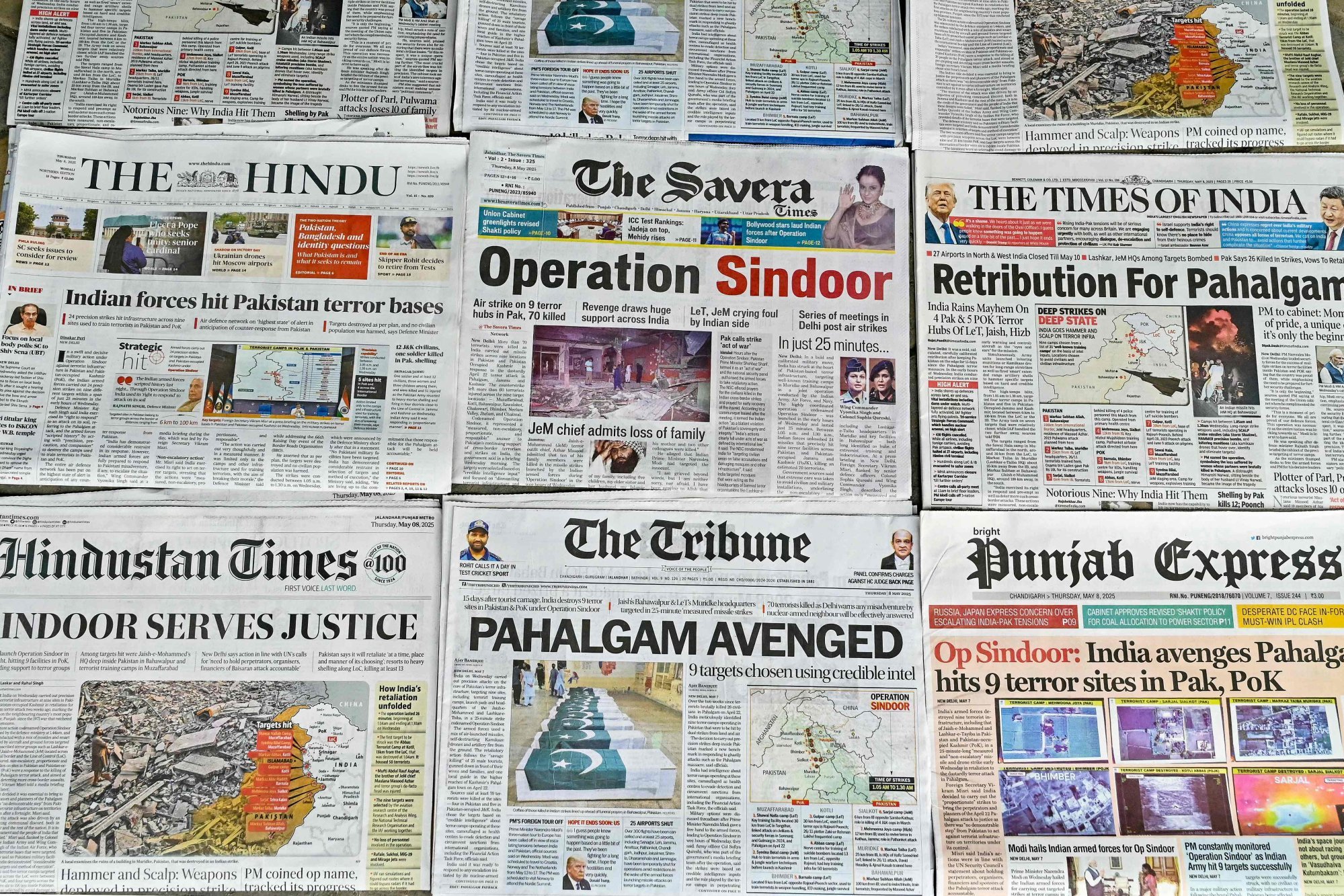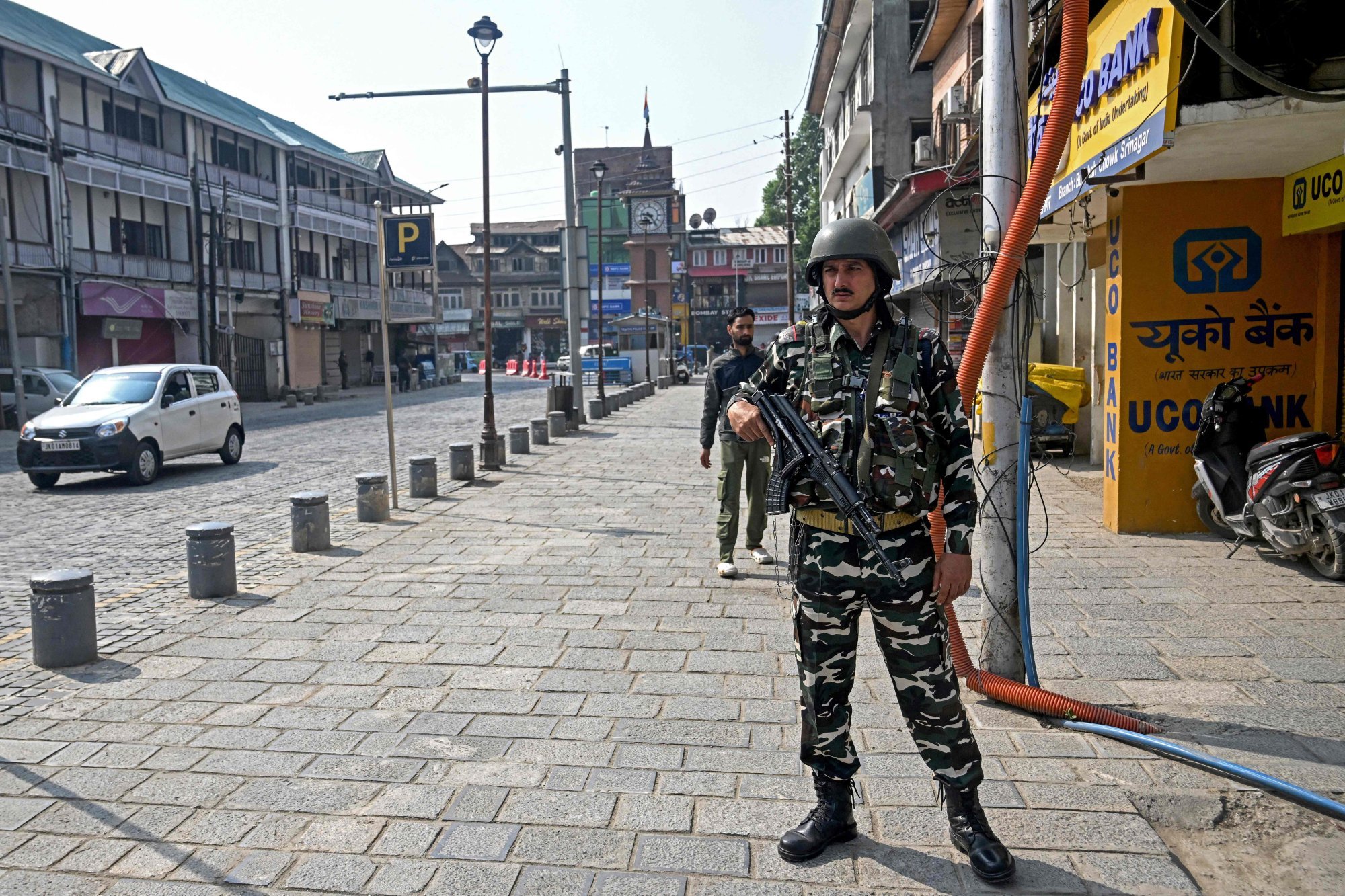India-Pakistan clash: ‘far from neutral’ Russia and China step in with arms
The arms provided by Russia to India and China to Pakistan come even as Moscow and Beijing want tensions in South Asia to ease, analysts say

Recent arms shipments from Russia to India and China to Pakistan in the days leading to renewed cross-border hostilities between the two South Asian rivals have prompted scrutiny of whether Moscow and Beijing are neutral actors in the conflict.
India has received a consignment of Igla-S air defence missiles from Russia, according to reports by Indian media outlets, following the April 22 militant attack near Pahalgam in India-administered Jammu and Kashmir that killed 26 non-Muslim tourists.
Capable of intercepting low-flying aircraft and drones, the missiles were reportedly deployed to forward border areas and believed to have been procured under New Delhi’s emergency powers.
The US$3 million Igla-S man-portable air defence systems (MANPADS) supplied by Russia are expected to strengthen India’s tactical air defence capabilities, particularly along the disputed border in Jammu and Kashmir.
Russian Foreign Minister Sergey Lavrov has offered to help resolve tensions between Pakistan and India over Kashmir, according to the Russian foreign ministry.
The developments come amid ongoing sanctions imposed by the United States and the European Union on Russia following its invasion of Ukraine.
This week, the Indian military launched air strikes inside Pakistani territory targeting nine terror camps as part of Operation Sindoor, Indian media reported. Rafale jets armed with Scalp cruise missiles and Hammer precision-guided munitions – all produced by France – were reportedly used.
Chietigj Bajpaee, senior research fellow for South Asia in the Asia-Pacific programme at Chatham House, said Russia’s missile delivery while offering to mediate showed Moscow’s position on the India-Pakistan conflict was “far from neutral”.
Russia had maintained a long-standing relationship with India dating back to the Cold War, even as it stepped up engagement with Pakistan in recent years, Bajpaee said.
In the 1950s, the Soviet Union – Russia’s predecessor state – used its Security Council veto at the United Nations to support India on the issue of Kashmir.
Trade between the two countries totalled US$66 billion last year, with Russian oil and arms accounting for 40 per cent and 36 per cent, respectively, of India’s total imports.
“Delhi remains Russia’s priority partner due to the historical and strategic significance of the relationship alongside India’s importance as a key energy and arms trade partner for Russia,” Bajpaee said.

On the other hand, Pakistan joined the Moscow- and Beijing-led Shanghai Cooperation Organisation in 2017 in a move to deepen regional cooperation despite India being a member state of the bloc.
In 2021, Russia and Pakistan signed an agreement to build a gas pipeline from Karachi to Lahore. Trade between the two countries has risen in recent years, hitting an unprecedented US$1 billion in 2023.
Last year, Russian Deputy Prime Minister Alexei Overchuk said Moscow would support Pakistan’s inclusion in the Brics bloc.
Pakistan counts on Chinese support
China has called on both India and Pakistan to “exercise restraint, resolve differences through dialogue and consultation and jointly maintain regional peace and stability”.
However, China’s position was also “far from neutral”, Bajpaee said, noting that Beijing had referred to Pakistan as its ‘ironclad friend and all-weather strategic cooperative partner’.
While Pakistan prepared for likely hostilities with India, Bajpaee said Beijing had reportedly hastened the delivery of several weapons to Islamabad.
“This comes in the context of China’s importance as Pakistan’s key arms supplier,” he added. About 81 per cent of Pakistan’s total arms imports came from China from 2020 to 2024, according to data from the Stockholm International Peace Research Institute.

Last month, China was said to have delivered PL-15 long-range air-to-air missiles to Pakistan for its JF-17 fighter jets, according to a post on X by the Stratcom Bureau of the Pakistan Strategic Forum, an agency of defence analysts from Pakistan and its partners.
Bajpaee said the extent of China’s involvement in the India-Pakistan conflict would be dictated by the level of hostilities, adding that Beijing was unlikely to play a hands-on role if it remained “relatively contained”.
“But any signs of escalation, including potential nuclear escalation, will prompt China to play a more proactive role in de-escalating tensions. These developments show that despite claims of a ‘no limits’ partnership between China and Russia, both countries maintain differing positions on the India-Pakistan relationship,” Bajpaee added.
Tauseef Javed, a senior research associate at the Centre for Strategic and Contemporary Research based in Pakistan, said while Pakistan and China were strategic partners, including in the area of weapons trade, there was no certainty China would intervene in a war between India and Pakistan.
“China is already dealing with its trade war with the US, which is vital for [Beijing]. It would rather Pakistan not go to war to avoid this region from falling into crisis,” Javed said.

The current India-Pakistan clash is “favouring the elites on both sides” with Indian Prime Minister Narendra Modi trying to exploit it to his advantage “by spreading jingoism and hate against Pakistan in the coming Bihar elections”, according to Javed.
In Islamabad, the government and military were trying to “regain credibility” from Pakistanis after their reputation was dented over alleged rigging in the 2024 general election, Javed said.
Anger among Pakistanis over what they perceived to be a tainted election prompted them to stage nationwide protests last year. The military was accused of rigging the election in favour of the Pakistan Muslim League leader Nawaz Sharif to keep the Pakistan Tehreek-e-Insaf’s leader Imran Khan out of the race.